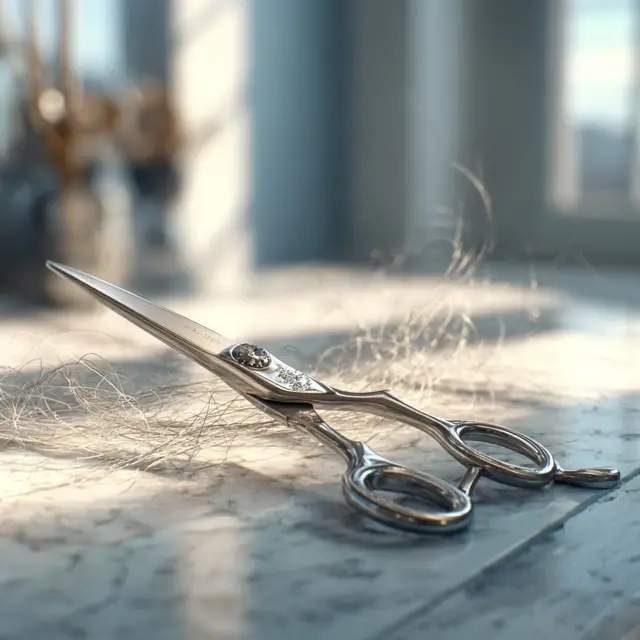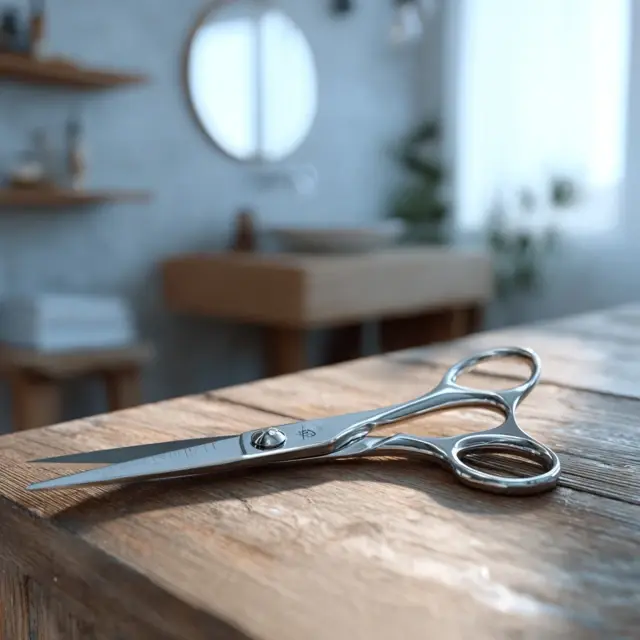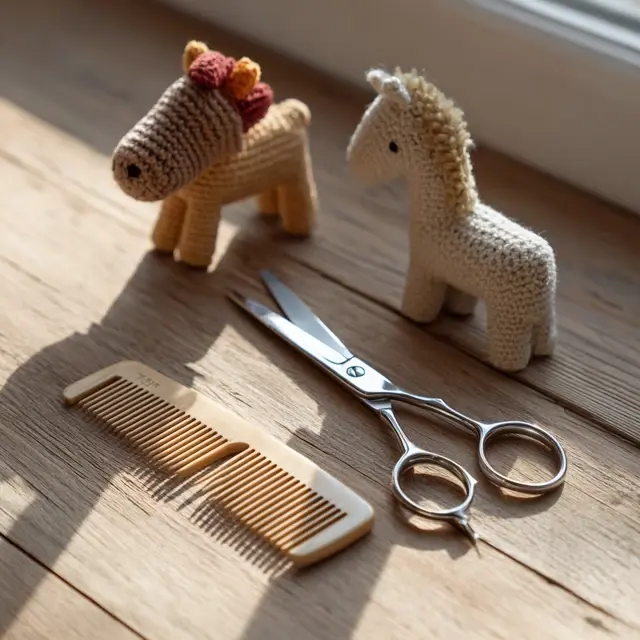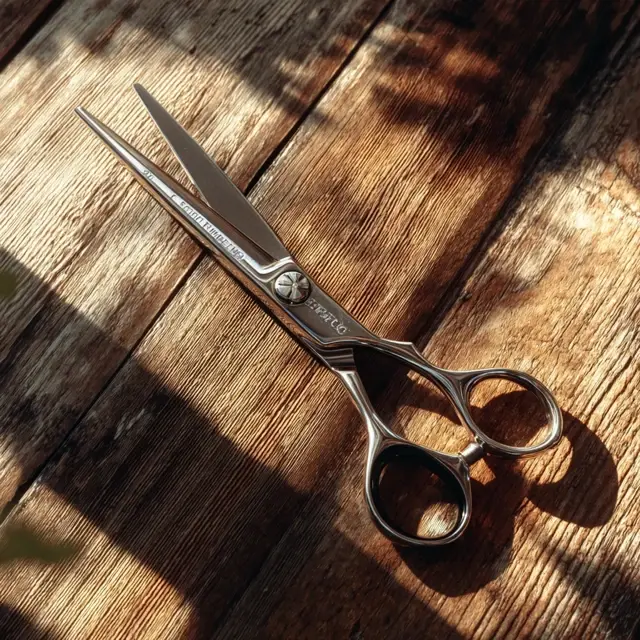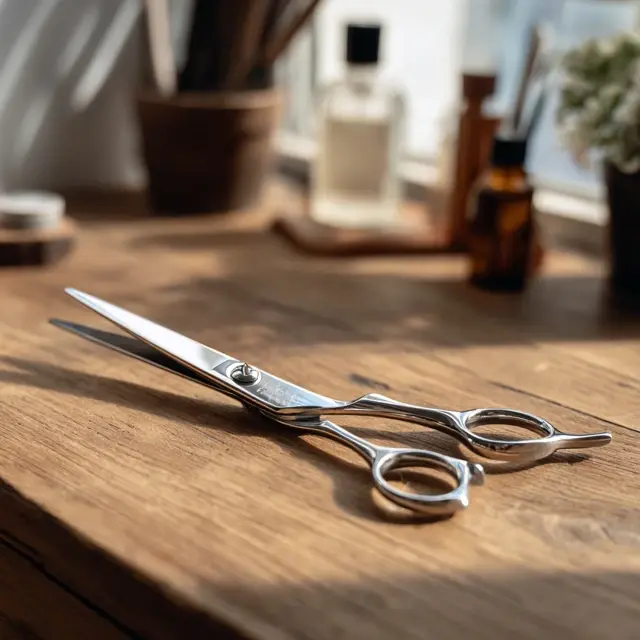How to Avoid Mistakes with Home Hair Scissors
Cutting your hair at home can save time and money, but it also comes with challenges. The right hair scissors make a huge difference, yet improper use or rushed techniques often lead to uneven cuts, split ends, or even accidental injuries. This guide highlights common mistakes to avoid and offers tips for achieving safe, smooth results at home.
Common Mistakes When Using Hair Scissors
1. Using the Wrong Scissors
One of the biggest errors is using kitchen or craft scissors. These tools are too blunt and can crush hair, leaving frayed ends. Always use scissors specifically designed for hair.
2. Cutting Too Much at Once
Overconfidence often leads to trimming large chunks at once, which increases the chance of uneven results. Hair should be trimmed in small, controlled sections.
3. Skipping Sectioning
Without sectioning, it’s difficult to maintain symmetry. Dividing the hair with clips makes trimming easier and more precise.
4. Cutting Wet Hair Without Adjustments
Wet hair stretches and shrinks as it dries. Cutting it to your desired length while wet often results in hair being shorter than intended once dry.
5. Poor Lighting and Mirrors
Bad lighting or the wrong mirror setup can cause uneven cuts. Proper visibility is key for accuracy.
Tips for Avoiding Home Haircut Mistakes
- Invest in quality hair scissors: Sharp, durable scissors create smooth cuts and protect hair health.
- Work in good lighting: Use natural daylight or bright lamps for clarity.
- Trim gradually: Start by cutting small amounts and check progress often.
- Use multiple mirrors: A second mirror helps monitor the back of your head.
- Stay patient: Rushing increases the chance of mistakes and uneven results.
Safe Practices for DIY Haircuts
Safety is as important as technique. Keep scissors out of children’s reach, maintain a steady grip, and always work in a calm environment free from distractions.
Correcting Common Errors
- Uneven fringe: Re-section and snip vertically with the tips of the scissors for a softer finish.
- Jagged ends: Smooth with small, upward snips instead of cutting across in one line.
- Overcutting: Blend shorter areas into longer hair using angled cuts for a natural look.
Related Reading
For more guidance, explore Choosing Hair Scissors Based on Blade Length and Best Hair Scissors for Cutting Different Hair Types.
Final Thoughts
Using hair scissors at home can be simple and effective if done with care. By avoiding common mistakes—like using the wrong tools, cutting too much at once, or rushing—you’ll enjoy better results, healthier hair, and greater confidence in your at-home trimming skills.
